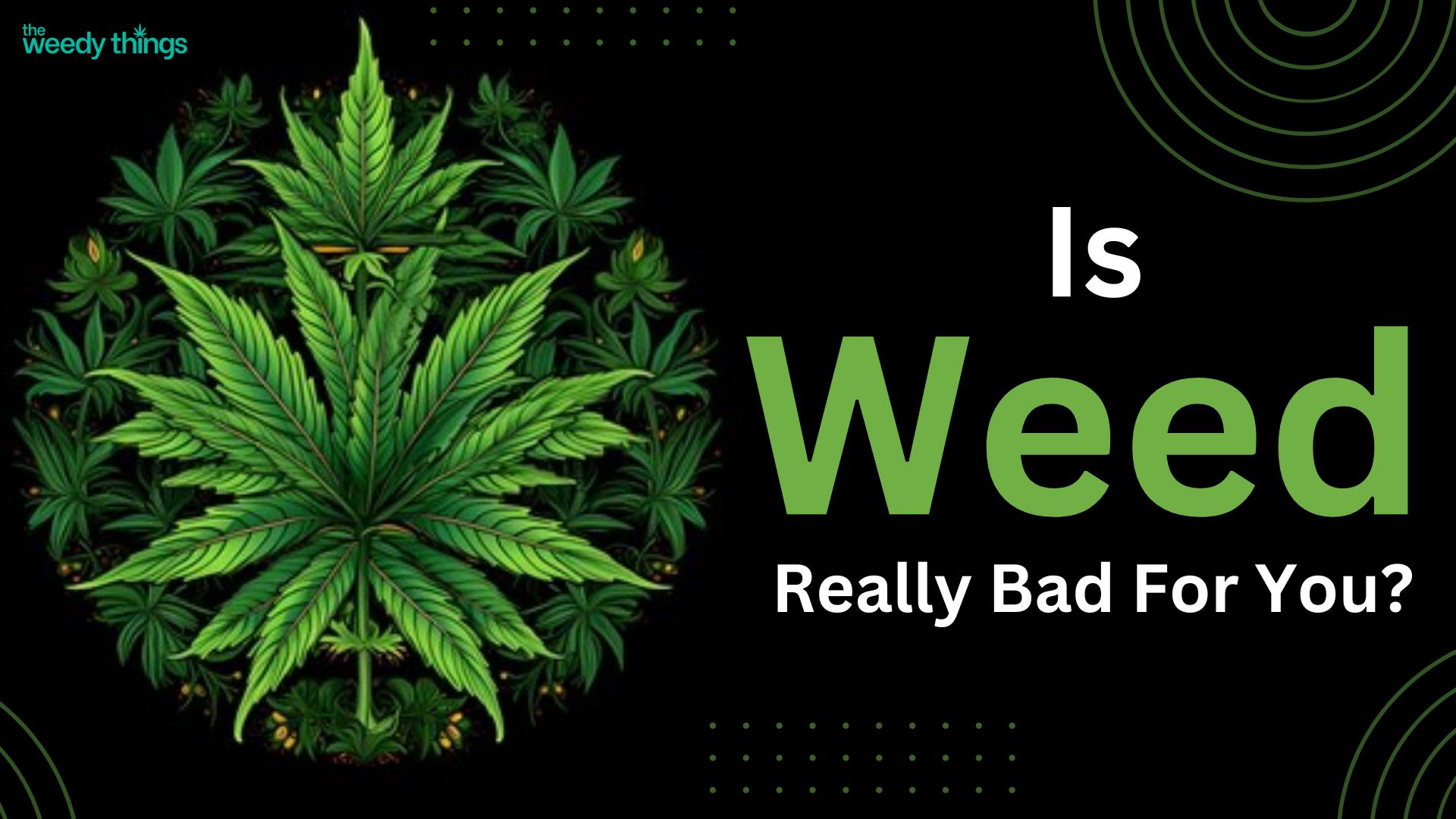Firstly, it’s crucial to understand the key components of cannabis and how they interact with the body. Cannabis contains over 100 different cannabinoids, with tetrahydrocannabinol (THC) and cannabidiol (CBD) being the most well-known. THC is the psychoactive compound responsible for the “high” associated with cannabis, while CBD is non-psychoactive and has been studied for its potential therapeutic effects.
One of the primary concerns regarding cannabis use is its impact on mental health. While some studies have suggested a link between heavy cannabis use and an increased risk of psychiatric disorders such as schizophrenia, the evidence remains inconclusive. Factors such as genetic predisposition, frequency of use, and potency of the cannabis product may all play a role in determining individual susceptibility.
Additionally, the method of consumption can influence the potential health effects of cannabis. Smoking cannabis, for example, exposes the lungs to potentially harmful toxins and carcinogens, similar to tobacco smoke. However, other methods of consumption, such as vaping, edibles, or tinctures, may pose fewer risks to respiratory health.
Furthermore, cannabis legalization has paved the way for increased research into its potential health benefits. As scientists continue to unravel the complexities of cannabis and its effects on the body, new discoveries are emerging, shedding light on its potential applications in medicine and wellness.
The question of whether weed is really bad for you is nuanced and multifaceted. While cannabis use may pose certain risks, particularly with heavy or frequent consumption, it also holds therapeutic potential for a variety of medical conditions. By staying informed, making educated choices, and prioritizing safety, individuals can navigate the complexities of cannabis consumption while maximizing its potential benefits.
Frequently Asked Questions
While it’s possible to develop a dependence on cannabis, addiction rates are lower compared to substances like alcohol or nicotine. Psychological dependence can occur, but physical addiction is rare.
Long-term heavy cannabis use may lead to respiratory issues, cognitive impairment, and mental health concerns. However, moderate use typically poses fewer risks.
Yes, cannabis can impair motor skills, reaction times, and judgment, increasing the risk of accidents. It’s advised to refrain from driving or operating machinery while under the influence.
While cannabis may have fewer immediate health risks than alcohol or tobacco, it’s not without its own drawbacks. Moderation and responsible use are key, and individual reactions to cannabis vary.
Cannabis has shown potential in alleviating symptoms of various medical conditions such as chronic pain, nausea, and epilepsy. However, its effectiveness varies, and consultation with a healthcare professional is recommended.




